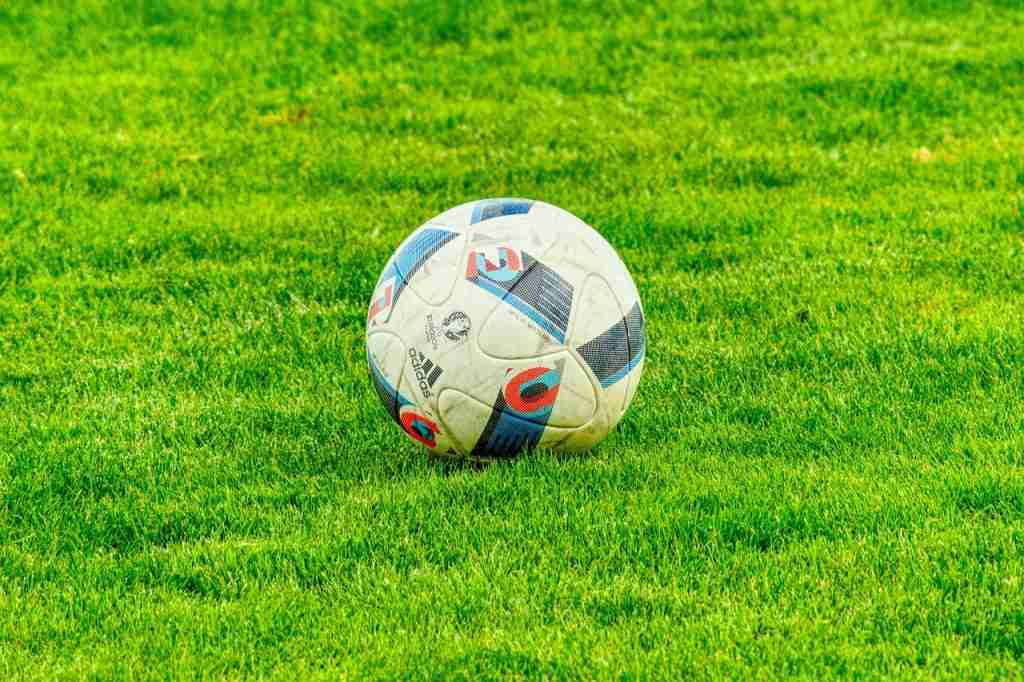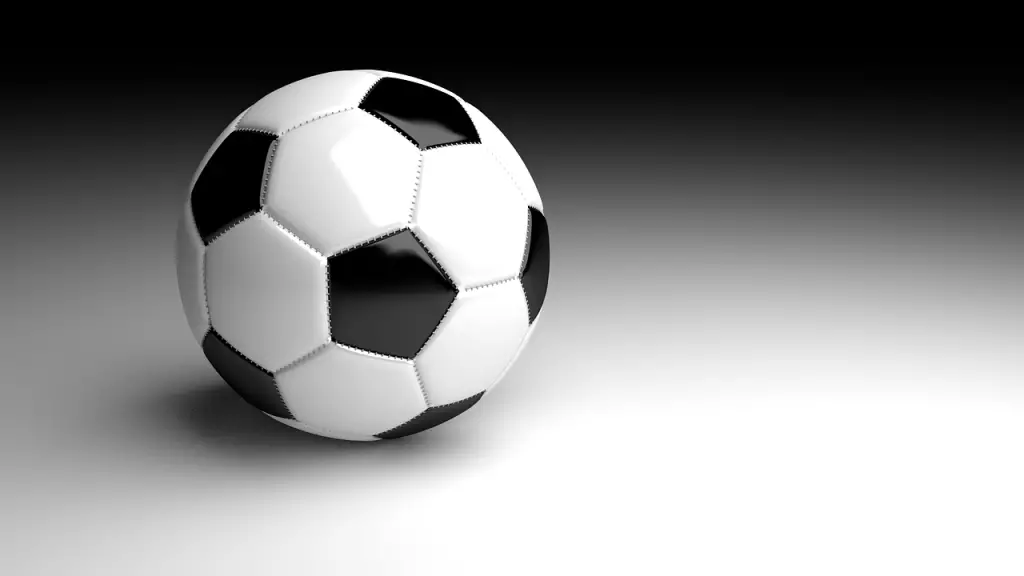As a goalkeeper, you may be wondering about the specialized training that helps you excel in your role on the field. From intense reflex drills to honing your communication skills, goalkeepers undergo a range of specialized training to become masters of their position. Whether it’s learning how to read the game, perfecting diving techniques, or practicing explosive speed and agility exercises, the training goalkeepers undergo is designed to equip them with the necessary skills and abilities to make crucial saves and protect the net. In this article, we will explore the various types of specialized training that goalkeepers undergo to enhance their performance and become invaluable assets to their teams. Goalkeepers undergo a variety of specialized training to develop their physical conditioning, improve their goalkeeping techniques, enhance their distribution skills, sharpen their communication and leadership abilities, strengthen their mental training, learn how to handle set pieces and crosses, excel in one-on-one situations, and improve their game reading and analysis. Let’s explore each aspect in detail.
Physical Conditioning
As a goalkeeper, physical conditioning is crucial for optimal performance on the field. Strength training is essential to develop the power and stability needed for making strong saves and diving. It involves exercises such as squats, deadlifts, and planks to strengthen the core, legs, and upper body. Agility training focuses on improving a goalkeeper’s ability to change direction quickly and react to different situations effectively. This can be achieved through ladder drills, cone exercises, and agility ladder work. Speed training helps goalkeepers in quick movements across the goal to make saves and can include sprinting exercises and shuttle runs. Reaction training hones a goalkeeper’s reflexes and response time, involving drills that elicit quick reactions such as reaction ball exercises and partner drills.
Goalkeeping Techniques
Hand-eye coordination is vital for a goalkeeper to track the ball accurately. This skill can be developed through various drills, including juggling exercises and hand-eye coordination games. Positioning is another fundamental aspect of goalkeeping technique. By learning to anticipate the movements of players on the field, a goalkeeper can be in the right place at the right time to make saves. Footwork drills help goalkeepers improve their movement and balance, enabling them to cover the goal effectively. Finally, catching techniques focus on proper hand positioning, body posture, and reaction speed to ensure safe and secure catches.

Dive Techniques
Diving is a fundamental skill for goalkeepers, and understanding different dive techniques is essential. Low dives are utilized when the ball is near the ground, requiring the goalkeeper to quickly extend and reach for the ball with a horizontal dive. High dives are necessary for shots aimed at the upper corners of the goal, involving a vertical leap to reach higher targets. Side dives are used to cover shots that are targeted towards the corners of the goal, requiring the goalkeeper to dive laterally. Diagonal dives are employed to reach shots that are placed at an angle, combining elements of both high and low diving techniques.
Distribution Skills
Goalkeepers are responsible for distributing the ball effectively to their teammates in order to launch counterattacks or maintain possession. Throwing techniques involve proper body positioning and arm mechanics to generate power and accuracy while throwing the ball. Kicking techniques focus on striking the ball cleanly with the desired distance and precision using both the instep and side of the foot. Punting techniques involve launching the ball high and far down the field using a drop punt or a goal kick approach. Goal kicks aim to distribute the ball from within the penalty area to teammates further up the field, utilizing proper posture and technique to achieve distance and accuracy.

Communication and Leadership
Goalkeepers act as the eyes and ears of the defense, organizing and directing their teammates to ensure proper positioning and coordination. Organizing the defense involves communicating with defenders to maintain a cohesive and effective defensive line, ensuring that players are marking opponents correctly and closing down passing lanes. Calling for the ball is essential for clear communication and assertiveness on the field, enabling goalkeepers to claim the ball confidently and avoid confusion with teammates. Directing the team involves providing instructions and encouragement to teammates during the game, boosting morale and maintaining focus.
Mental Training
Goalkeeping requires strong focus, concentration, and the ability to manage stress effectively. Mental training exercises help goalkeepers develop a strong mindset and stay composed during high-pressure situations. Focus and concentration techniques can include visualization exercises to improve awareness and anticipation, as well as mindfulness practices to stay present and focused throughout the game. Stress management techniques, such as deep breathing and positive self-talk, assist goalkeepers in handling pressure and maintaining a calm and confident demeanor. Visualization techniques allow goalkeepers to mentally rehearse their movements, reads, and saves, boosting their confidence and performance on the field.

Set Piece and Crosses Training
Set pieces and crosses pose unique challenges for goalkeepers, requiring specialized training to handle them effectively. Dealing with crosses involves positioning and timing to intercept or catch crosses before they reach dangerous areas. Punching techniques are utilized when the ball cannot be caught securely, and the goalkeeper needs to clear the ball from the goal area. Collecting high balls requires strong aerial ability and the ability to judge the flight of the ball accurately.
One-on-One Situations
One-on-one situations can often be the defining moments in a game, and goalkeepers must excel in these scenarios. Closing down the attacker effectively involves quick decision-making and narrowing the shooting angle by cutting down the available space. By rushing out and making themselves big, goalkeepers can force the attacker to make a quicker or less accurate shot. Narrowing the shooting angle means positioning themselves well to decrease the goal target, making it more difficult for the attacking player to place the ball into the net.
Game Reading and Analysis
Goalkeepers must possess exceptional anticipation skills to read the game and react quickly to incoming shots. Analyzing opponents’ shooting patterns helps goalkeepers understand their opponents’ tendencies, enabling them to anticipate and react more effectively. By studying scouting reports and analyzing game footage, goalkeepers can gain valuable insights into their opponents’ habits, allowing them to position themselves optimally and make strategic saves.
Seasonal Training Programs
Goalkeepers undergo different training programs throughout the year to maximize their performance during different phases of the season. Pre-season training focuses on building fitness, sharpening skills, and developing team cohesion before the start of the competitive season. In-season training maintains and fine-tunes physical conditioning, techniques, and tactical awareness to ensure consistent performance during matches. Off-season training provides an opportunity for goalkeepers to rest and recover, engage in strength and conditioning work to maintain fitness, and work on individual technical skills to continue their development.
Overall, goalkeepers undergo comprehensive specialized training to become well-rounded and effective players. By developing their physical conditioning, goalkeeping techniques, distribution skills, communication and leadership abilities, mental training, and analyzing opponents’ strategies, goalkeepers can provide a strong defensive backbone for their teams. The combination of these skills and the dedication to continuous improvement is what sets top-level goalkeepers apart.


